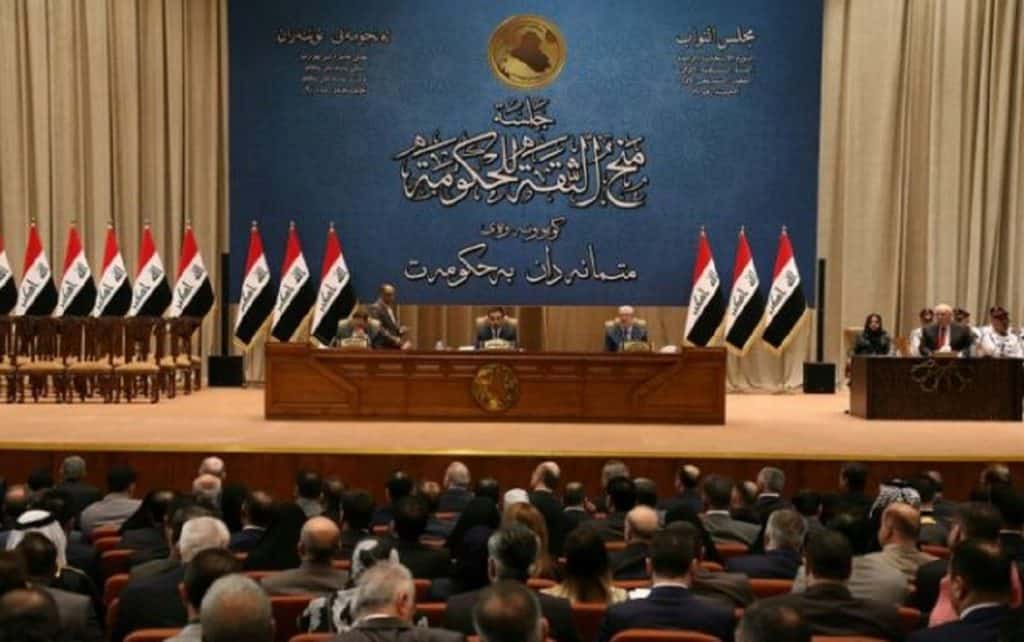By Denis Korkodinov
Under pressure from protests in December 2019, the Iraqi parliament decided to reform the electoral law. However, according to experts, the new election law practically does not change anything in the system of rotation of the political institutions of Baghdad.
Formally independent candidates received more seats in the country’s parliament. In addition, for the first time in the electoral history of Iraq, elections will be held in constituencies with the number of voters equal to 100 thousand, whereas earlier elections were conducted exclusively in the provinces that nominated candidates.
Meanwhile, tribal leaders and representatives of the old political forces will continue to enjoy the main advantage of electoral nomination, since under such conditions, independent candidates who have no political weight in the constituencies created will simply not be able to get voters’ approval.
For this reason, representatives of the Kurdish and several Sunni parties, which are a minority, refused to recognize the new election law in protest. Their objections boiled down to the fact that under new conditions they would be deprived of the opportunity to join the representative body of power.
Among other things, Iraqi women were also dissatisfied with the election reform. Thus, in accordance with the new law, the quota of women in the Iraqi parliament is still 25 percent of the total parliamentarians. However, now a vacant place previously occupied by a woman who, for whatever reason, wished to renounce her deputy mandate, can be replaced by a man.
Based on this, a twenty percent quota set by gender can become an ordinary fiction, since Iraqi male politicians have the opportunity to influence women parliamentarians so that they abandon their seats in the Iraqi parliament.
A significant part of the new election law contains the provisions of the old election law. In particular, out of 50 articles, 27 are completely copied from the old law, which does not allow us to conclude that the new election law will completely satisfy the protesters. In addition, the law has many ambiguous formulations that can be used by political parties and other groups of influence in their own interests.
Instead, almost every political group in Iraq has armed groups that can be actively used as pressure on independent candidates. This not only does not contribute to the neutralization of the protest movement, but can also lead to another escalation of the conflict.
Also, the basis of Iraqi society is still the tribal structure, the most common in the southern provinces. Here it is the leaders of the tribes who determine which candidate will be worthy to take a seat in parliament and which will be obstructed.
In other words, regardless of the electoral law, the final outcome of the parliamentary elections in Iraq, especially in the South, will be determined by the tribe, which turns the process of democratic competition into fiction.
In this regard, the creation of interethnic and interfaith election unions is almost inevitable in Iraq. However, such unions within a single constituency, where different ethnic and religious groups (Turkomans, Kurds, Arabs) have different priorities, are short-lived. As a result, this split within Iraqi society may increase and lay the foundation for another domestic political crisis.
(The opinions expressed in this article are solely those of the author and do not necessarily reflect the views of World Geostrategic Insights)







